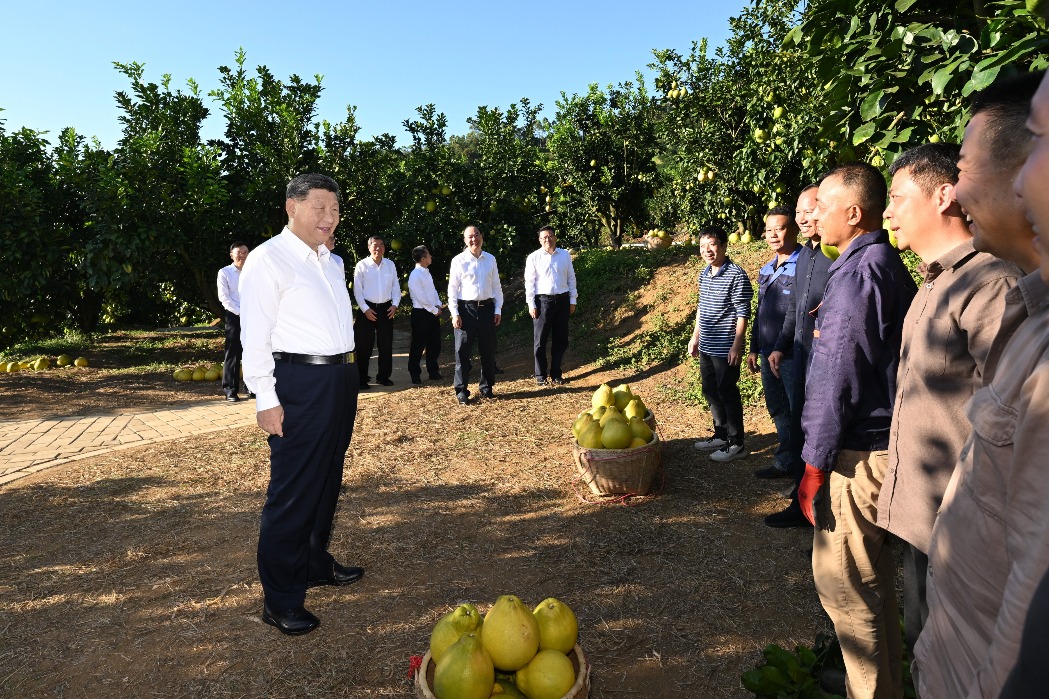Politicized 'bulk buying' of problematic seafood


The world's largest economy has finally kept its word. The superpower, known for breaking promises, has tried to offset China's ban on Japanese seafood by buying 1 metric ton of scallops from Japan after a G7 trade ministers' meeting it led in Sakai, Osaka, called for repealing the ban on Japanese seafood over nuclear contamination concerns.
Reports said that US soldiers stationed on vessels and in military bases in Japan will be fed the seafood. Yet, it is more than laughable for US ambassador to Japan, Rahm Emanuel, to call that "bulk buying". Compare that with the more than 100,000 tons of scallops that Japan reportedly exported to the Chinese mainland in 2022.
The US' diplomatic strategy lacks sincerity. It's always trying to pit one nation against another to retain its hegemony, but whether nations are allies or rivals, the US remains insincere to both. Anybody who remembers the US' trade frictions with China in recent years will know how the US signed a deal one day only to tear it up the next day, while almost all its allies will remember how the US cheated them to maximize its own interests.
That is why the fact that the US bought anything, such as the 1 metric ton of scallops, is an exception coming from a country that is known to support its friends with just words, and not deeds.
In 2022, the US-led G7 announced the Partnership for Global Infrastructure and Investment with a promised investment of $600 billion, but has any nation seen any dollar coming from Washington yet?
Of course, the act of purchasing Japanese seafood despite risks of nuclear contamination is a foolish deed that might threaten the lives of US soldiers. But then, how does it affect the lords in Washington so long as they don't need to step on US military ships or stay for months in submarines. For US politicians, both the interests of the country's friends and the health of its soldiers are expendable.

































